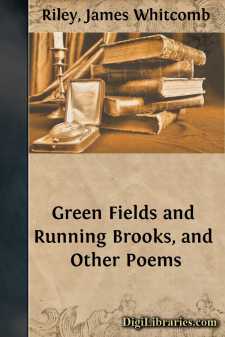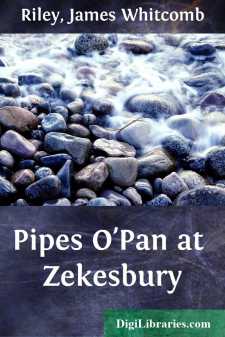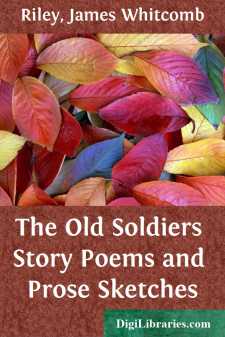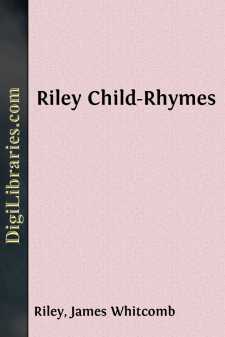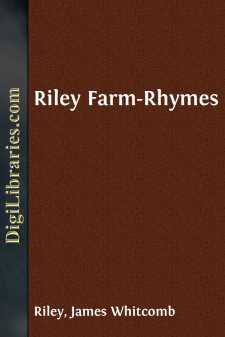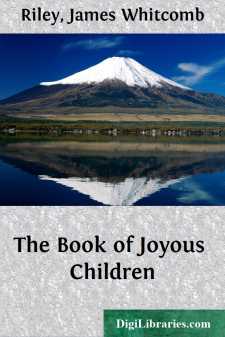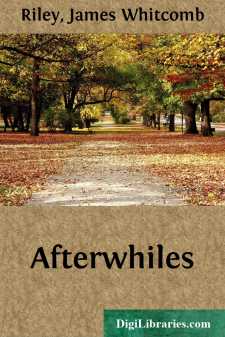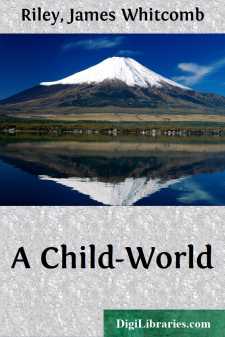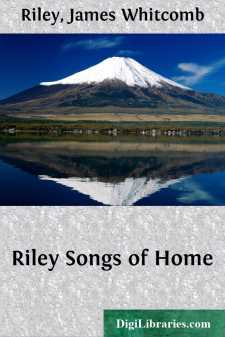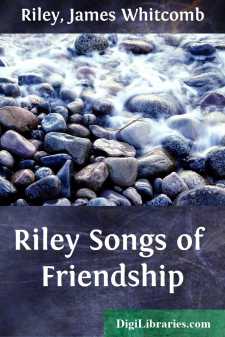Categories
- Antiques & Collectibles 13
- Architecture 36
- Art 48
- Bibles 22
- Biography & Autobiography 816
- Body, Mind & Spirit 145
- Business & Economics 28
- Children's Books 18
- Children's Fiction 14
- Computers 4
- Cooking 94
- Crafts & Hobbies 4
- Drama 346
- Education 58
- Family & Relationships 59
- Fiction 11834
- Foreign Language Study 3
- Games 19
- Gardening 17
- Health & Fitness 34
- History 1378
- House & Home 1
- Humor 147
- Juvenile Fiction 1873
- Juvenile Nonfiction 202
- Language Arts & Disciplines 89
- Law 16
- Literary Collections 686
- Literary Criticism 179
- Mathematics 13
- Medical 41
- Music 40
- Nature 179
- Non-Classifiable 1768
- Performing Arts 7
- Periodicals 1453
- Philosophy 66
- Photography 2
- Poetry 897
- Political Science 203
- Psychology 45
- Reference 154
- Religion 516
- Science 126
- Self-Help 86
- Social Science 82
- Sports & Recreation 34
- Study Aids 3
- Technology & Engineering 59
- Transportation 23
- Travel 463
- True Crime 29
James Whitcomb Riley
James Whitcomb Riley (1849-1916) was an American writer and poet known for his works in the dialect of rural Indiana, earning him the nickname "Hoosier Poet." His most famous poems include "Little Orphant Annie" and "The Raggedy Man," which captured the charm and simplicity of Midwestern life. Riley's poetry was immensely popular during his lifetime, contributing to the regionalist movement in American literature and influencing subsequent generations of writers.
Author's Books:
Sort by:
GREEN FIELDS AND RUNNING BROOKS Ho! green fields and running brooks! Knotted strings and fishing-hooks Of the truant, stealing down Weedy backways of the town. Where the sunshine overlooks, By green fields and running brooks, All intruding guests of chance With a golden tolerance, Cooing doves, or pensive pair Of picnickers, straying there— By green fields and...
more...
PIPES O' PAN AT ZEKESBURY The pipes of Pan! Not idler now are they Than when their cunning fashioner first blew The pith of music from them: Yet for you And me their notes are blown in many a way Lost in our murmurings for that old day That fared so well, without us.—Waken to The pipings here at hand:—The clear halloo Of truant-voices, and the roundelay The waters...
more...
Since we have had no stories to-night I will venture, Mr. President, to tell a story that I have heretofore heard at nearly all the banquets I have ever attended. It is a story simply, and you must bear with it kindly. It is a story as told by a friend of us all, who is found in all parts of all countries, who is immoderately fond of a funny story, and who, unfortunately, attempts to tell a funny story...
more...
LITTLE ORPHANT ANNIE [Illustration: They was two great big black things a-standin' by her side] Little Orphant Annie's come to our house to stay,An' wash the cups an' saucers up, an' brush the crumbs away,An' shoo the chickens off the porch, an' dust the hearth, an' sweep,An' make the fire, an' bake the bread, an' earn her...
more...
THE ORCHARD LANDS OF LONG AGO The orchard lands of Long Ago!O drowsy winds, awake, and blowThe snowy blossoms back to me,And all the buds that used to be!Blow back along the grassy waysOf truant feet, and lift the hazeOf happy summer from the treesThat trail their tresses in the seasOf grain that float and overflowThe orchard lands of Long Ago! Blow back the melody that slipsIn lazy laughter from the...
more...
THE BOOK OFJOYOUS CHILDREN Bound and bordered in leaf-green, Edged with trellised buds and flowers And glad Summer-gold, with clean White and purple morning-glories Such as suit the songs and stories Of this book of ours, Unrevised in text or scene,— The Book of Joyous Children. Wild and breathless in their glee— Lawless rangers of all ways Winding through lush greenery Of Elysian vales—the viny,...
more...
Proem Where are they— the Afterwhiles—Luring us the lengthening milesOf our lives? Where is the dawnWith the dew across the lawnStroked with eager feet the farWay the hills and valleys are?Were the sun that smites the frownOf the eastward-gazer down?Where the rifted wreaths of mistO'er us, tinged with amethyst,Round the mountain's steep defiles?Where are the afterwhiles? Afterwhile— and...
more...
THE CHILD-WORLD A Child-World, yet a wondrous world no less,To those who knew its boundless happiness.A simple old frame house—eight rooms in all—Set just one side the center of a smallBut very hopeful Indiana town,—The upper-story looking squarely downUpon the main street, and the main highwayFrom East to West,—historic in its day,Known as The National Road—old-timers, allWho linger yet,...
more...
AS CREATED There's a space for good to bloom inEvery heart of man or woman,—And however wild or human,Or however brimmed with gall,Never heart may beat without it;And the darkest heart to doubt itHas something good about itAfter all. O the Lands of Where-Away!Tell us—tell us—where are they?Through the darkness and the dawnWe have journeyed on and on—From the cradle to the cross—From...
more...
BACK FROM TOWN Old friends allus is the best,Halest-like and heartiest:Knowed us first, and don't allowWe're so blame much better now!They was standin' at the barsWhen we grabbed "the kivvered kyars"And lit out fer town, to makeMoney—and that old mistake! We thought then the world we wentInto beat "The Settlement,"And the friends 'at we'd make thereWould beat...
more...


